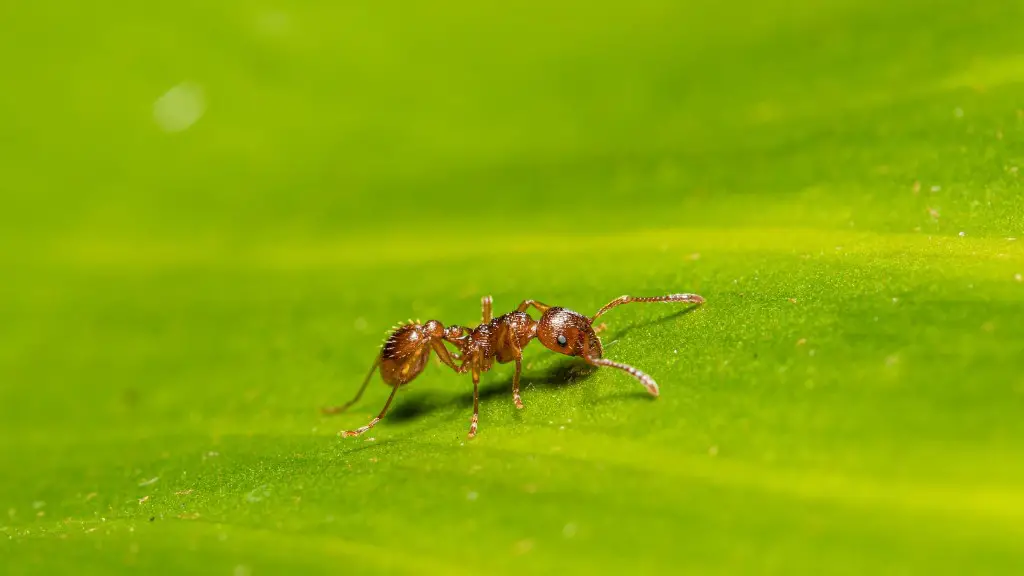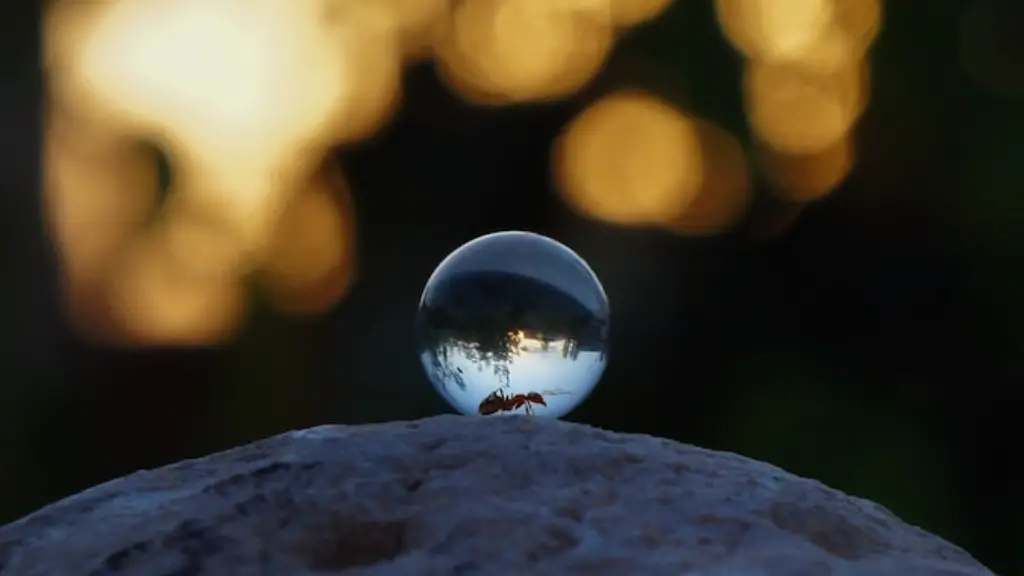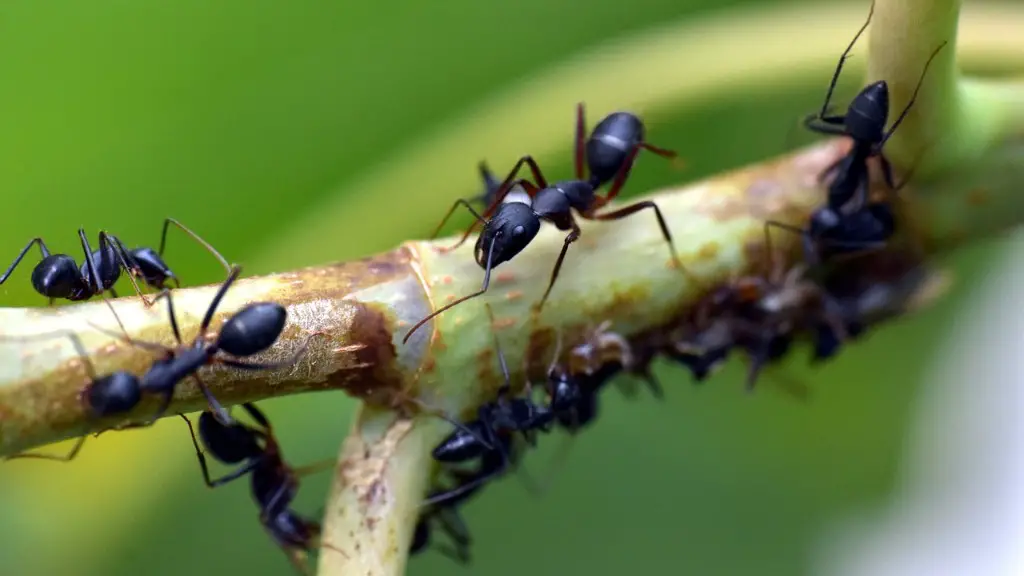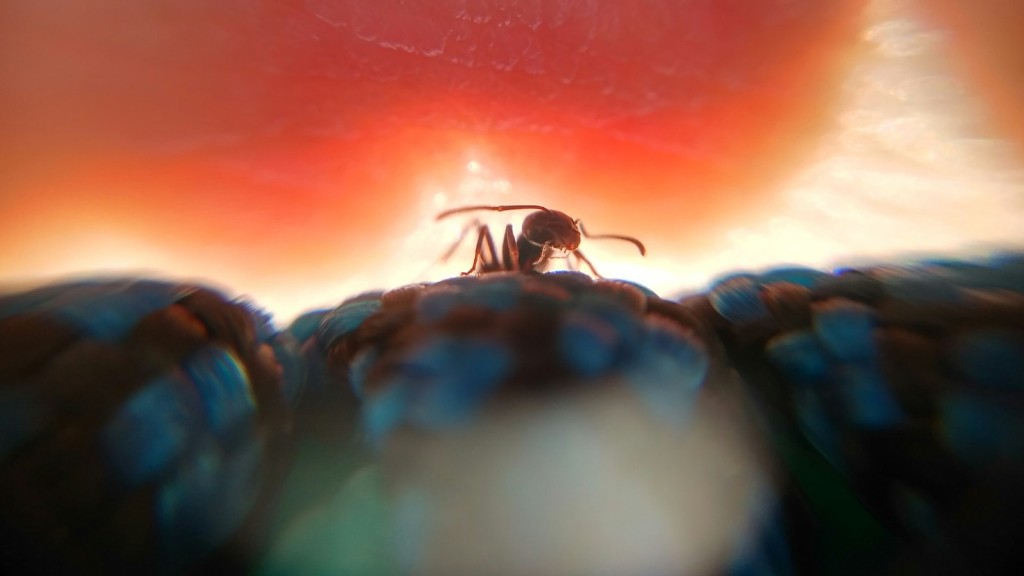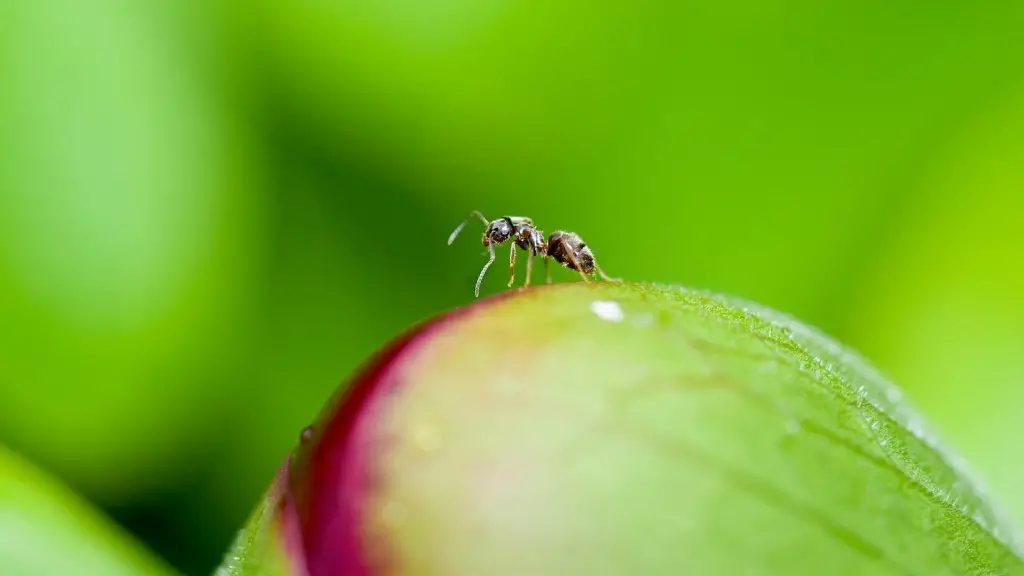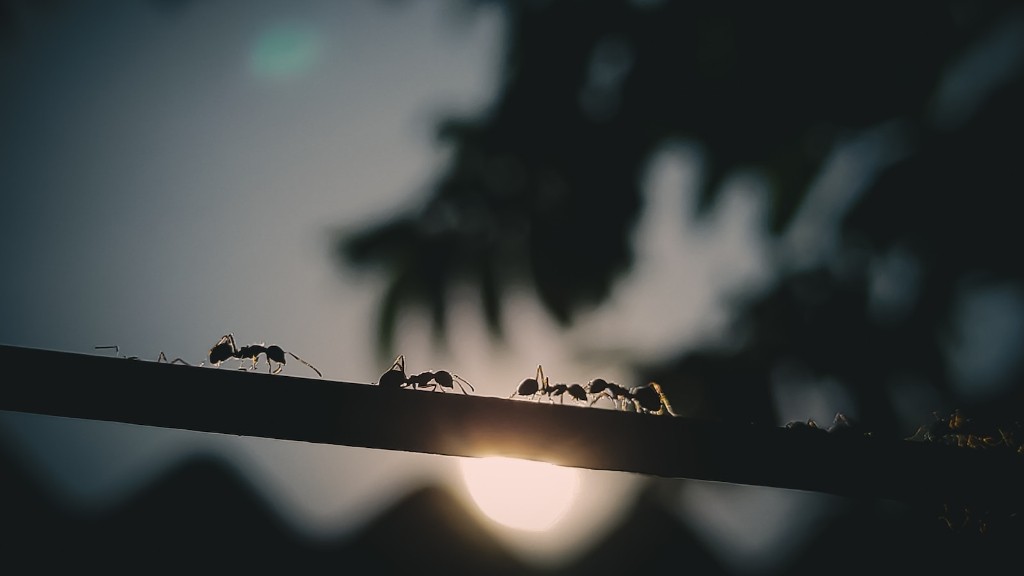Ants and Their Predators
Ants are some of the most resilient creatures in the world. These miniscule creatures can survive in a variety of different environments and form vast colonies that can contain millions of ants. Despite their impressive skills at adaptation, there are still many predators that are more than a match for the hardy ants.
The most common and undisputed predator of ants is the ant-eating spider. These spiders come in many different species and some are even specialized for hunting and eating ants. These spiders have adapted over time to be able to pierce the tough exoskeletons of the ants and inject venom, killing the ant almost instantly. The venom also serves to liquify the ant’s insides so that the spider can sip them up, almost like soup.
In addition to spiders, there are many other predators of ants which include some mammals and reptiles. One such predator is the shrew. These small mammals feast on ants and are particularly fond of the large colonies which provide them an easy source of food. Other animals such as lizards, frogs, and salamanders are also known to enjoy an ant meal when they can find them. From the smallest rodents to the largest of predators, ants are food.
In addition to the typical animal predators of ants, one of the most surprising predators are birds. While most generally think of birds as herbivores, there are many species of birds which enjoy ants. Of these birds, the most famous and one of the most well-known is the Ant-bird which is found in the Amazon. With feathers that are specially adapted for catching and consuming ants, the Ant-bird swoops in and plucks them from their colonies.
Along with these more conventional hunters, there are some surprising predators of ants such as parasitoid wasps. These wasps lay their eggs on or in the bodies of the ants and then the larvae feed on the ants until they emerge as adults. These wasps are some of the most efficient predators of ants as they are able to enslave the ants and use them to hunt and gather food.
The relentless ant can often be difficult to defeat and to consume, however, even the most tenacious of creatures have their predators. From simple spiders to complex parasitoids and even birds, the ant can be stymied if approached correctly.
Adaptations of Ants to Survive Predators
The ant is no stranger to its many predators and it has adapted over millions of years to counteract their efforts. One of the most common adaptations of the ant is its ability to form large colonies. These colonies provide a layer of protection to the ants and also offer large numbers of workers who can quickly react to any intrusion. By outnumbering their predators, the ants are able to survive long enough to escape or fight.
Other adaptations of the ant include chemical warfare and nests. In order to repel predators, some species of ants have developed chemicals that they release which create a foul smell or taste when they are in danger. This repels many predators and leads to the ant’s safety. Additionally, the ants build elaborate nests which have many passages and tunnels in order to confuse predators. No matter how persistent their pursuers may be, the nest is almost always able to provide sanctuary for the ants.
In addition to clever adaptations of their bodies, ants are also able to use their environment to survive. One common technique is called “mounding,” which is when the ants form earthen mounds that provide them with a sense of security. This also gives them a greater view of the area and allows them to plan attacks if needed.
The ant is a resilient creature and its many adaptations to its predators have allowed it to survive for millions of years. These adaptations have allowed the ant to remain successful in the face of some of the most efficient predators ever to exist.
Benefits of Ants to Other Species
Despite their reputation as a nuisance in the garden or farm, ants can actually be beneficial to many species of animals, especially those that require their food in a form that ant can provide. Ants provide a nutrition-packed food source and their ability to adapt to a variety of environments makes them appealing to many different predators.
One such example is in North America where many species of birds are greatly attracted to the abundance of ants found in temperate regions. This has brought a number of birds to the continent from the tropics, a process known as eclectic speciation. This influx of foreign birds has brought welcome diversity to North America’s bird populations.
Another benefit of ants is that they act as an ecosystem keystone species. This means that they contribute to the Greater Community by providing necessary resources and stability. By providing food to other animals and fertility to the soil, ants help to create a healthy and well balanced environment.
In addition to providing food, ants also help to clean up environment by removing fallen plant matter and bringing food to the nests of their predators such as Ant-birds. This helps to keep the environment healthy and maintains the balance of nature.
Tiny though they may be, ants play a vital role in many ecosystems and provide a number of benefits to other species, often without us even noticing.
Cons of Ants to Other Species
Despite their benefits, ants can also cause problems for many species. Their ability to swarm by the millions can be both beneficial and a hindrance at the same time. The most obvious conseguence of their swarming is the destruction of crops, as ants can eat entire fields of plants in a matter of days.
Another problem caused by ants is the competition for food that they cause. When ants are present in large numbers, they can eat up a large portion of food sources, leaving little for other animals that also need to feed. This can lead to the decline of certain species due to the lack of resources.
Along with the competition, ants can also act as vectors of diseases and other pests. This is due to their ability to easily travel and bring the diseases with them. This can be especially problematic with species whose numbers are already low due to competition or other factors.
Lastly, ants can cause damage to natural habitats by disrupting the delicate balance of nature. When ants swarm, they can scatter species of plants and animals, leading to further decline of species diversity. The destruction of natural habitats is one of the primary problems faced by conservationists today and ants can contribute to this problem.
Ants can be a nuisance and a threat to other species but, with proper management and respect for the environment, the impact of ants can be greatly reduced.
How to Control and Manage Ants
When it comes to controlling and managing ants, patience is key. These resilient creatures can often be hard to get rid of and pesticides and other chemicals are not always the best solution. The best way to combat an ant infestation is to focus on preventing it in the first place.
One of the best ways to do this is to make sure that food is not left out in areas where ants can access it, such as picnic areas and garbage cans. Additionally, keeping lawns and gardens free of debris is a great way to discourage ants from setting up colonies in the first place. By denying them food sources, the ants will be less likely to come in the first place.
If an infestation does occur, it is important to act quickly. Sprays, bait traps, and other chemical solutions can be used to quickly rid the area of the ants. These solutions should be used sparingly and with caution as they can be damaging to the environment and potentially poisonous to humans.
For those looking for a more natural solution, there are some home remedies that can be used to help with an ant infestation. One such solution is to simply mix a solution of equal parts vinegar and water and spray the areas where the ants are coming from. This will cause the ants to relocate and can help prevent them from returning.
No matter what method is chosen, controlling and managing ants is a difficult task. However, with a bit of patience and the proper methods, ants can be controlled and managed in a safe and sustainable manner.
